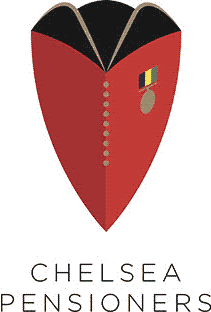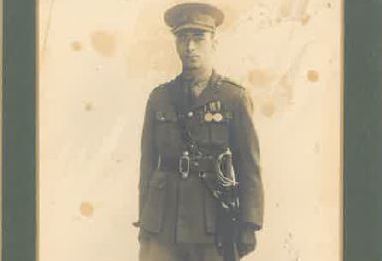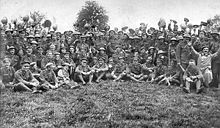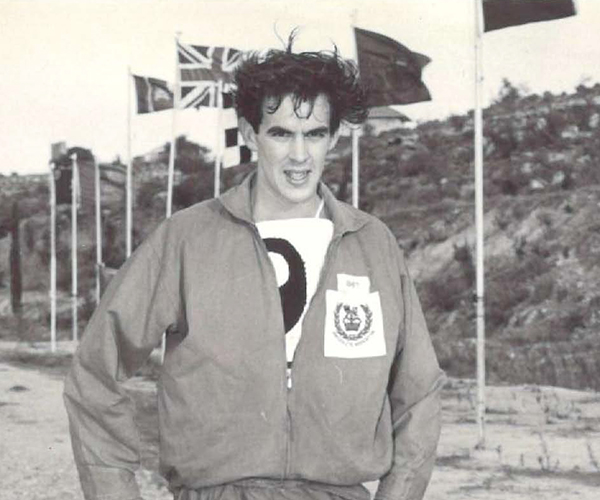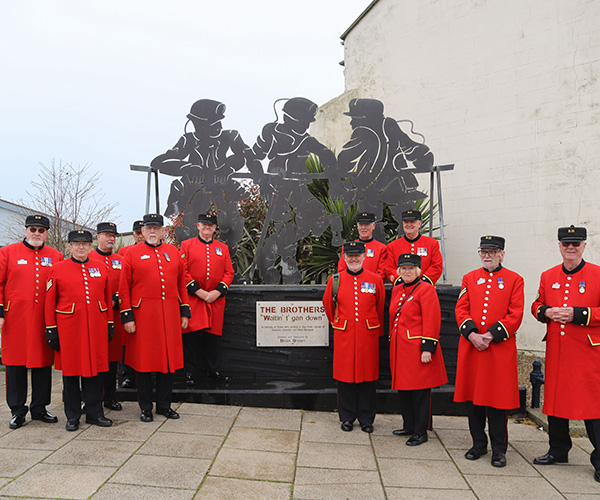The Open Door
5th November 2018
With a father who served and two uncles who perished on the battlefields, the First World War had a profound effect on Chelsea Pensioner, Don Crassweller’s family.
Born in 1895, Don’s father, William, was one of 9 children born to hardworking Hampshire farm labourers, Frederick and Sarah Crassweller. Growing up in a large family with limited means was tough and William’s circumstances were further compromised by a vicious battle with polio as a child, which left him with debilitating injuries for the remainder of his lifetime.
“Despite my father’s disability”, says Don, “he became a skilled saddle maker – a trade that was very high in demand at the time. When the War began therefore, he was able to serve his country at home, in England, as a saddle maker. Not one to let his impairment get in the way of his duty, my father went on to volunteer for the Home Guard in the Second World War – by then he was over 50 and practically wheelchair bound! I never spoke to my dad about the First War, because by the time I was old enough, we were in the middle of the Second War, so he’d lived through the First and through all the 1930s unemployment, and then went through the Second War – it was a hard life.”
With little information from his father, Don only learnt about the fate of William’s brothers – Alfred John (known as John) and Albert Edward – through a patchwork of accounts from other family members, military records and a visit to their grave sites.
On 23rd October 1915, John and Albert joined hundreds of other young lads in the recruitment line in Portsmouth, all eager to play their part in the Great War. Only there was a slight problem; they were both underage. Nevertheless, Albert’s impressive height for a sixteen-year-old meant that despite being the younger brother to John by a year, he managed to trick recruiters into believing he was aged 19 and the elder of the pair. As John’s service records didn’t survive, it’s unknown exactly how old he claimed to be, but what is certain is that both brothers were successful in their attempts to enlist in the Royal Hampshire Regiment.
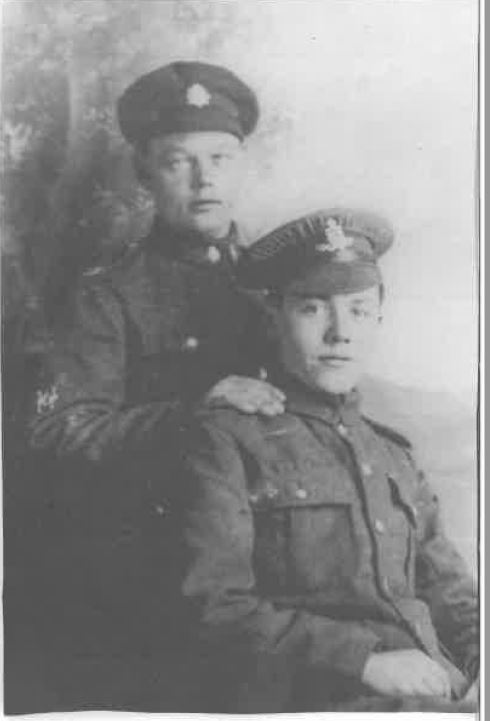
However, after only 5 months of service, Albert’s records show that he was discharged under Paragraph 392 (vi) of King’s Regulations 1912 for ‘having made a mis-statement as to age on enlistment.’ By this time, John would have been close to his 18th birthday and so remained with his unit. Tragically, just 6 months later, on 7 October 1916, John was killed in action during the Battle of the Somme and is commemorated on the Thiepval memorial.
Despite the loss of his brother, Albert remained determined to re-enlist as soon as he reached the legal age of 18. He joined the 15th Battalion Royal Hampshire Regiment in 1918 and was shortly despatched to Ypres in Belgium where he was killed only a few months later in the Battle of Passchendaele. Don visited Albert’s grave many years later at the Lijssenthoek Military Cemetery, however as John was amongst 72,000 soldiers whose bodies were never found, his final resting place remains unknown.
When asked about the impact of the brothers’ deaths on the family, Don recalls a story told to him by his sisters about his grandparents.
“My sisters, who are much older than I am, remember my grandparents, who died before I was born. They both told me that the back door was never shut in my grandparents’ house, as they believed that their sons would come back from the War, even though they were told they had died on the battlefields. They just couldn’t give up hope. It’s sad really. It’s also strange because subconsciously, I’m the only one on my Ward who leaves my berth door open during the night. Thinking about it, it’s a bit spooky!”
The echo of this open door seems to bridge the generations of a family ripped in half by the First World War, tying an invisible thread connecting the grief-stricken parents longing for the safe return of their sons, to a grandson they will never meet who is piecing together his family history and inviting those of generations past to cross their familial threshold one last time.
